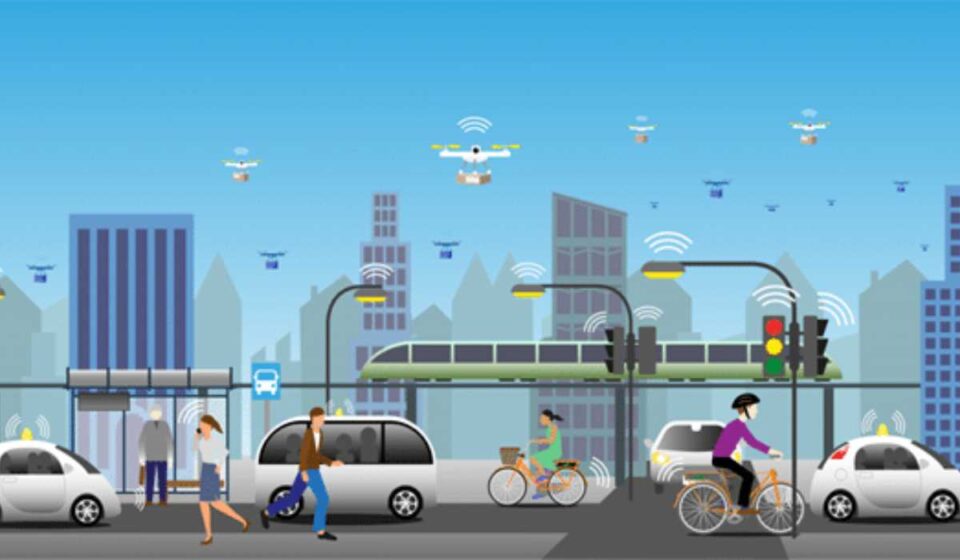As urban populations continue to rise, cities are increasingly adopting innovative technologies to tackle mobility challenges. This article delves into the future of urban mobility, highlighting the advancements that are transforming smart cities and addressing the needs of growing urban populations.
Key Innovations:
Autonomous vehicles are at the forefront, offering the potential to reduce traffic congestion and enhance safety by eliminating human error. Alongside this, micro-mobility options like e-scooters and e-bikes are gaining popularity for their convenience and ability to ease short-distance travel. Public transportation is also evolving with AI-driven route optimization and contactless payment systems, making transit more efficient and user-friendly.
Sustainability:
Green mobility solutions are crucial in reducing urban carbon footprints. Innovations in electric and hybrid vehicles, as well as improved infrastructure for alternative modes of transport, are contributing to more sustainable urban environments. These technologies support the creation of cities that are not only smarter but also more environmentally friendly.
Conclusion:
Smart mobility solutions are essential for building sustainable, efficient, and livable cities. By integrating these innovations, urban areas can better manage growth and enhance the quality of life for their residents.


